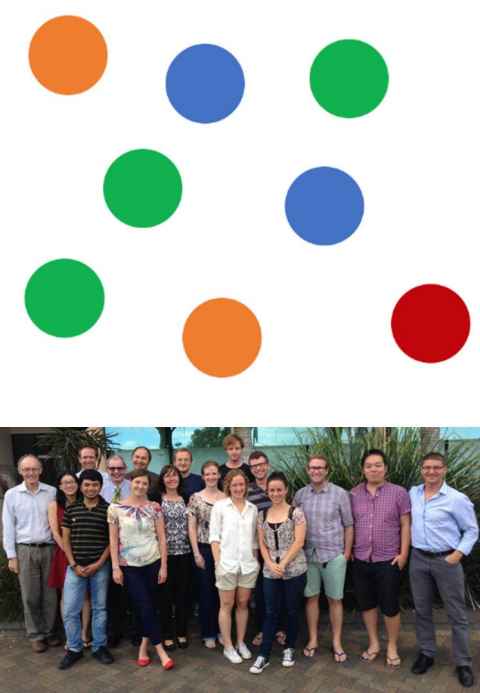Exercise Sciences
Applications for 2025-2026 will open on 1 July 2025
What women want: Physical Activity Levels, Knowledge, Attitudes, and Barriers in Women Aged 45+: A mixed-methods study
Project code: SCI051
Supervisor(s):
Dr Estelle Watson
Dr Liz Holt
Discipline(s): Department of Exercise Sciences
Project
This is a mixed-methods study. The study will be conducted in 2 phases; the student will collect data in Phase 1.
The role
Phase 1 is a cross-sectional observational study in which women living in AoNZ will complete online questionnaires on barriers, facilitators and beliefs on physical activity and nutrition. They will have their activity levels measured for 7 days using an accelerometer that is posted to them.
Improving prediction tools about stroke recovery
Project code: SCI052
Supervisor(s):
Professor Winston Byblow (Exercise Sciences)
Dr Harry Jordan (Medicine)
Discipline(s): Department of Exercise Sciences

Project
This summer studentship is a component of an ongoing observational trial examining motor recovery early after stroke. The trial is evaluating novel biomarkers which can be used within a prediction tool to help individual patients and their whanau understand their potential for recovery of hand and arm function after their stroke.
The role
The scholar will work alongside a diverse and international team of scientists, clinicians, and students within the Movement Neuroscience Lab (907.123).
Ideal student
This opportunity is well-suited for any student who has completed EXERSCI 305 – MOVEMENT NEUROSCIENCE or similar course. Students considering BSc (Honours) or MSc study in 2026 are especially encouraged to apply.